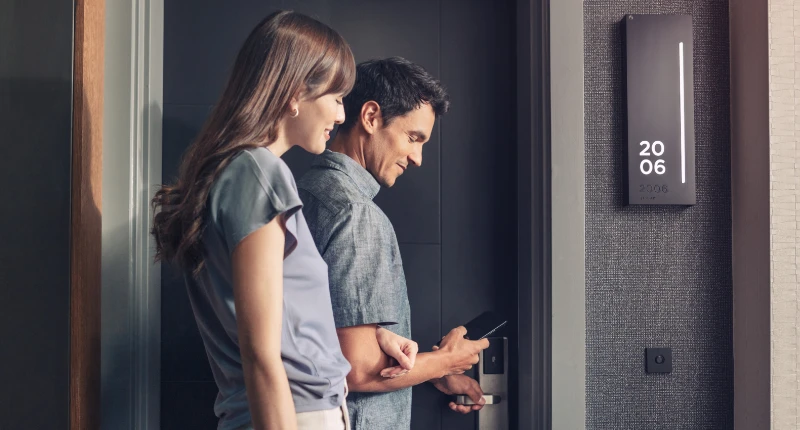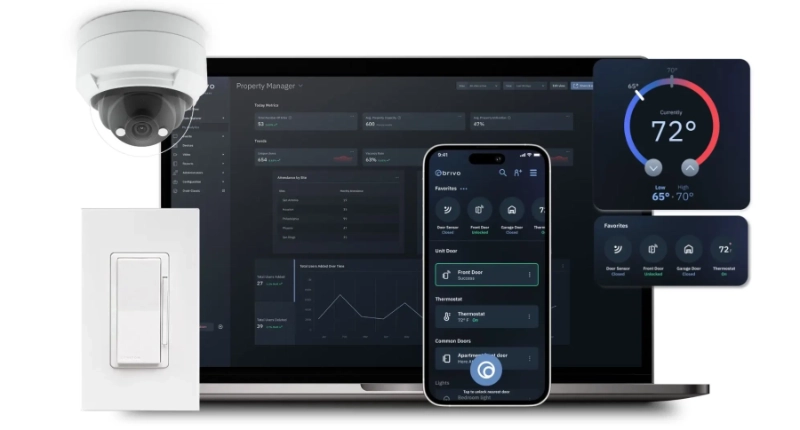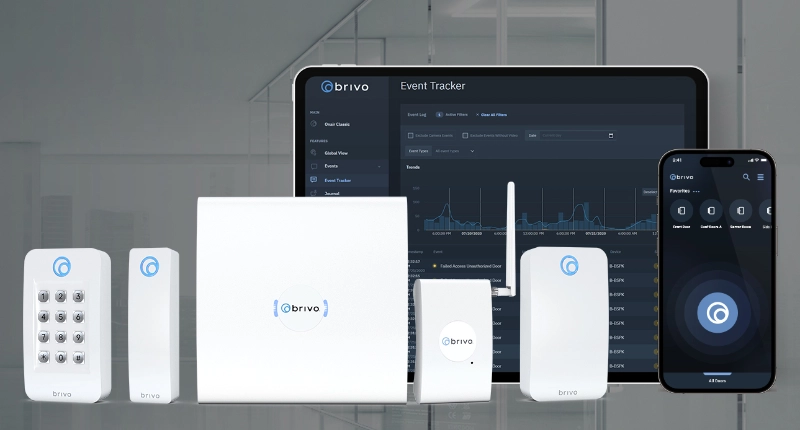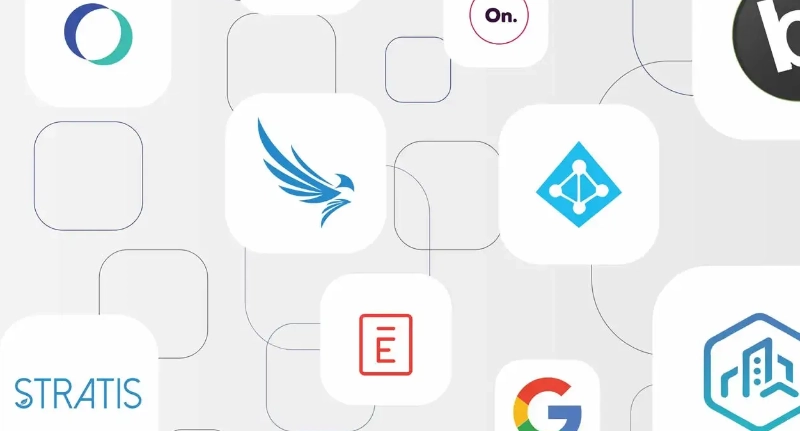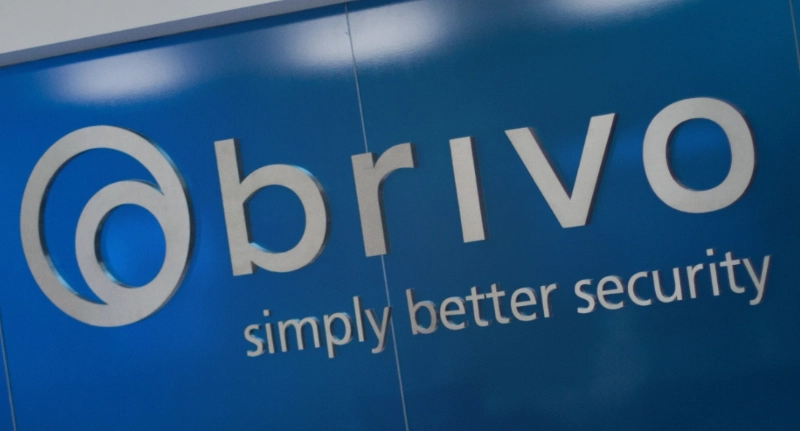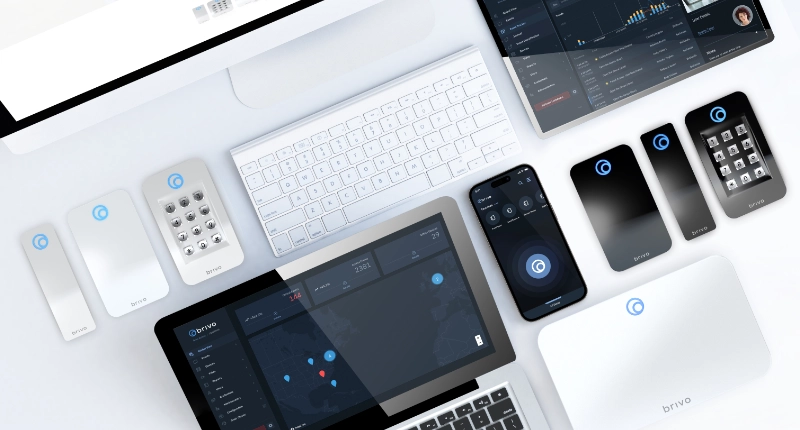This article was originally published by Commercial Observer
A building’s access control system represents its heartbeat and its nervous system all in one. As its name signifies, it balances access and control, preferably as conveniently, quickly and securely as possible. It is so foundational to a building’s existence that it should be addressed in the earliest planning stages for new buildings, with other building technologies serving as the other organs for a living and adapting facility.
Upon its founding in 2001, access control company Brivo was the only company operating access control via the cloud. On-premises systems were considered best in class because the benefits of SaaS, or software as a service, systems and cloud management were at best dimly understood. Brivo didn’t face any cloud competition for several years after its founding.
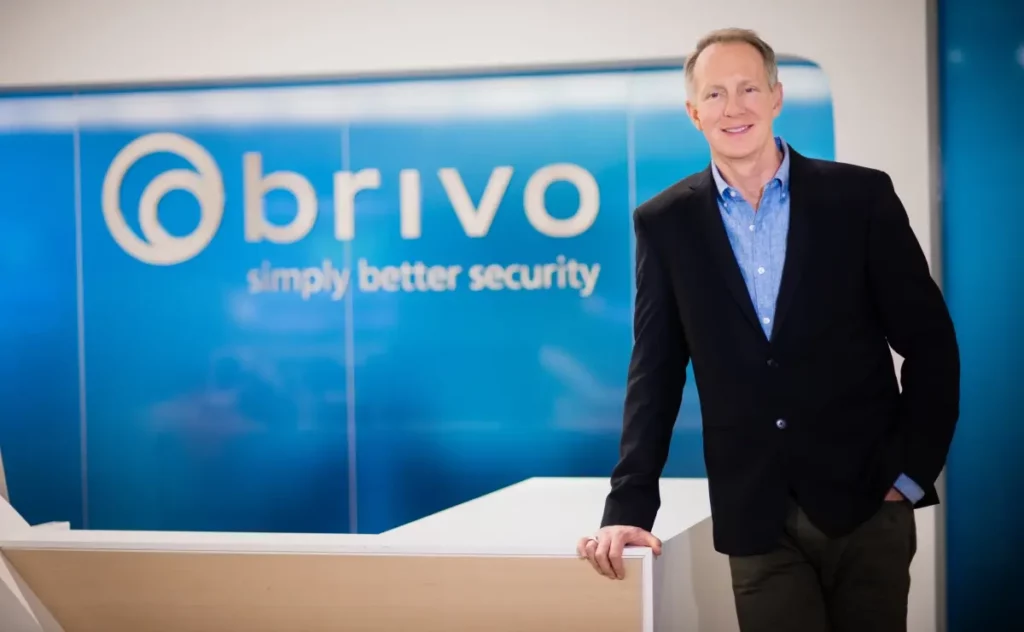
Now, according to Brivo CEO Steve Van Till, the advantages of cloud-based access control are more prevalent and have become more prominent with the passage of time.
“If you look at the generic benefits of cloud computing versus on-premise computing, one of the first things that stand out is the lower total cost of ownership,” Van Till said.
The same benefits accrue with cloud-based non-security systems, such as those used for human resources, customer relationship management and financial systems.
“It’s simply more efficient to run all this software in a single multi-tenant instance in the cloud than it is to keep your own servers,” Van Till said. “Economies of scale often get a better value for the customer.”
Clients can access Brivo’s global dashboard from anywhere in the world with an internet connection, as opposed to having to be physically on site with an on-premise system. Managing an entire portfolio from anywhere in the world represents a game-changing advancement from the days when companies tried to cobble together incompatible systems across various facilities, requiring time, expense and the effort of engineers and systems integrators.
Cloud-based access control systems also enable the easy use of mobile applications where the back end is in the cloud, so they are effective right out of the box.
These features provide the power and flexibility for facilities managers to fully monitor all their properties at once.
“The brains of the system is the control panel, which interacts with a variety of local sensors and readers, relaying that information back to the cloud,” Van Till said. “All you have to do to get a building connected is put one of those in, turn it on and do a bit of wiring. You can do that for every single building in your portfolio, and they can all be added to a single account.”
But a cloud-based access control system offers much more than binary open-door-close-door operations. Confining an access control system to access control is akin to confining a central nervous system to breathing — to the exclusion of thinking, moving, seeing and so forth. Other features that can be built on or integrated with access control might include other security components such as video surveillance and intercoms, and general proptech functions such as visitor management, space utilization/occupancy control, room scheduling, tenant experience, lighting, power management and much more. All can be built upon the robust foundation of Brivo’s flagship system.
Builders no longer consider access control as an add-on once the wrap comes off a new facility. “Access control decisions are now being made about two years before a building is finished,” Van Till said. “These decisions are being made around the same time as other electrical specifications for the building. It needs to be done at that time because, for one, the easiest time to figure out a wiring strategy is before a building is constructed; it’s just easier that way to run security wiring.”
In an existing building, new access control systems are often installed on top of any existing access control infrastructure.
There are two situations one finds in an existing building, Van Till explained. “One is that it used to have some other access control system in it. In that case, you’re probably going to find some leftover wiring that will still be usable, so you might get off really easy by simply upgrading or replacing the control panel. Two, if the building never had anything in it, or if what’s in it is so old and outdated that you need to rip it out, then you’re going to be installing new equipment.”
Brivo differs from other access control providers because its system can be installed in any type of facility in a company’s or manager’s portfolio, including office spaces, residential/multifamily buildings, schools and colleges, health care offices, factories, distribution and data centers and storage facilities.
“We look at the market as having three main segments: the general commercial real estate market; enterprise, for any business with over 1,000 employees; and multifamily. Each segment has a different set of feature requirements. Brivo is unique in that we have the feature sets to span all three of those market segments. Nobody else does,” Van Till said.
Brivo’s long track record and deep expertise allow the company to cater to any security-seeking client, including companies with over 30,000 employees. Large companies often face restrictive regulatory requirements — both internally and externally — for comprehensive access control and security systems. Brivo meets and exceeds those requirements.
One factor working in Brivo’s favor is that installing many kinds of privacy protections requires various certifications at a cost that places them out of reach for smaller vendors.
“These certifications are fairly expensive to get, and then they’re fairly expensive to maintain because you have to be audited every year,” Van Till said. “So we’re alone as the cloud vendor in the enterprise space.”
Brivo holds every accreditation needed to install comprehensive cyber protections. This provides peace of mind to the 330,000 customers around the world who use a Brivo access control system every day: the company has over 300 million square feet under management in more than 72,000 customer buildings. With revenue of $72 million in 2021, Brivo projects to grow to $110 million in 2022.
Over the past 20 years, Brivo has spent more than $60 million on research and development, Van Till estimated. With over 40,000 accounts, including household names such as Whole Foods and Zillow, Brivo plans to continue establishing universal cloud-based access control as the gold standard for access control systems worldwide.

